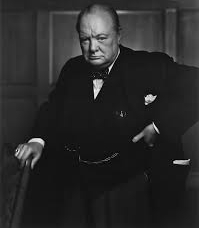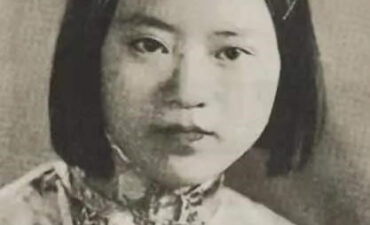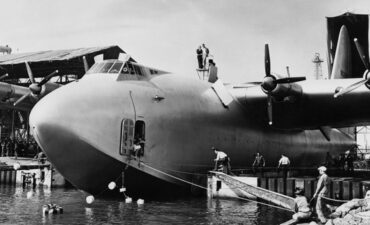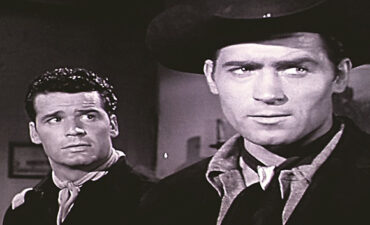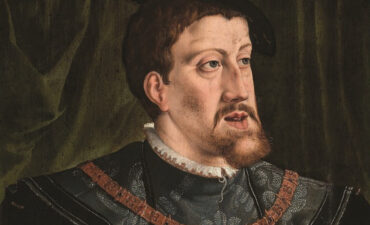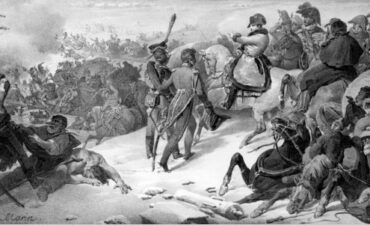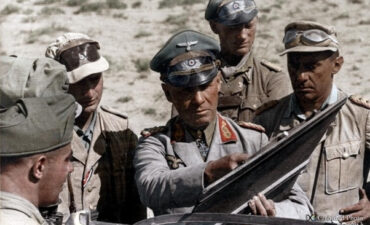Why was Winston Churchill chosen instead of Lord Halifax to succeed Neville Chamberlain in 1940? Winston Churchill was chosen to succeed Neville Chamberlain as Prime Minister of the United Kingdom in May 1940 instead of Lord Halifax for several key reasons:
Leadership During Crisis:
The fall of France and the dire situation in Europe created an urgent need for strong, decisive leadership. Churchill was seen as a figure capable of inspiring and uniting the nation in a time of crisis. His reputation as a staunch opponent of Nazi Germany and his speeches resonated with the British public and political leaders alike.
Political Stance and Determination:
Churchill had been a vocal critic of appeasement and had consistently warned against the dangers posed by Nazi Germany. His stance on the need to fight on, no matter the odds, contrasted with the views of Lord Halifax, who, while a respected statesman, was more associated with the appeasement policies of the 1930s. Halifax was also perceived as being more open to negotiating with Hitler, a position that was losing favor as the war progressed.
Parliamentary Dynamics:
Churchill had strong support within the House of Commons, particularly from the Labour Party and other opposition groups. His appointment was seen as essential to forming a broad-based coalition government, which was necessary for national unity and effective war management. Halifax, although respected, lacked the same level of support and was considered a less dynamic and forceful leader.
Personal Reluctance of Halifax:
Lord Halifax himself was not keen on becoming Prime Minister. He recognized the limitations of his position, especially given his seat in the House of Lords, which would have complicated his ability to lead the government in the House of Commons effectively. Halifax believed Churchill was better suited to the role, especially in a time of war, where decisive action and a strong public presence were crucial.
Ultimately, Churchill’s tenacity, experience, and vision for Britain’s war effort made him the preferred choice to lead the country through one of its darkest hours.
